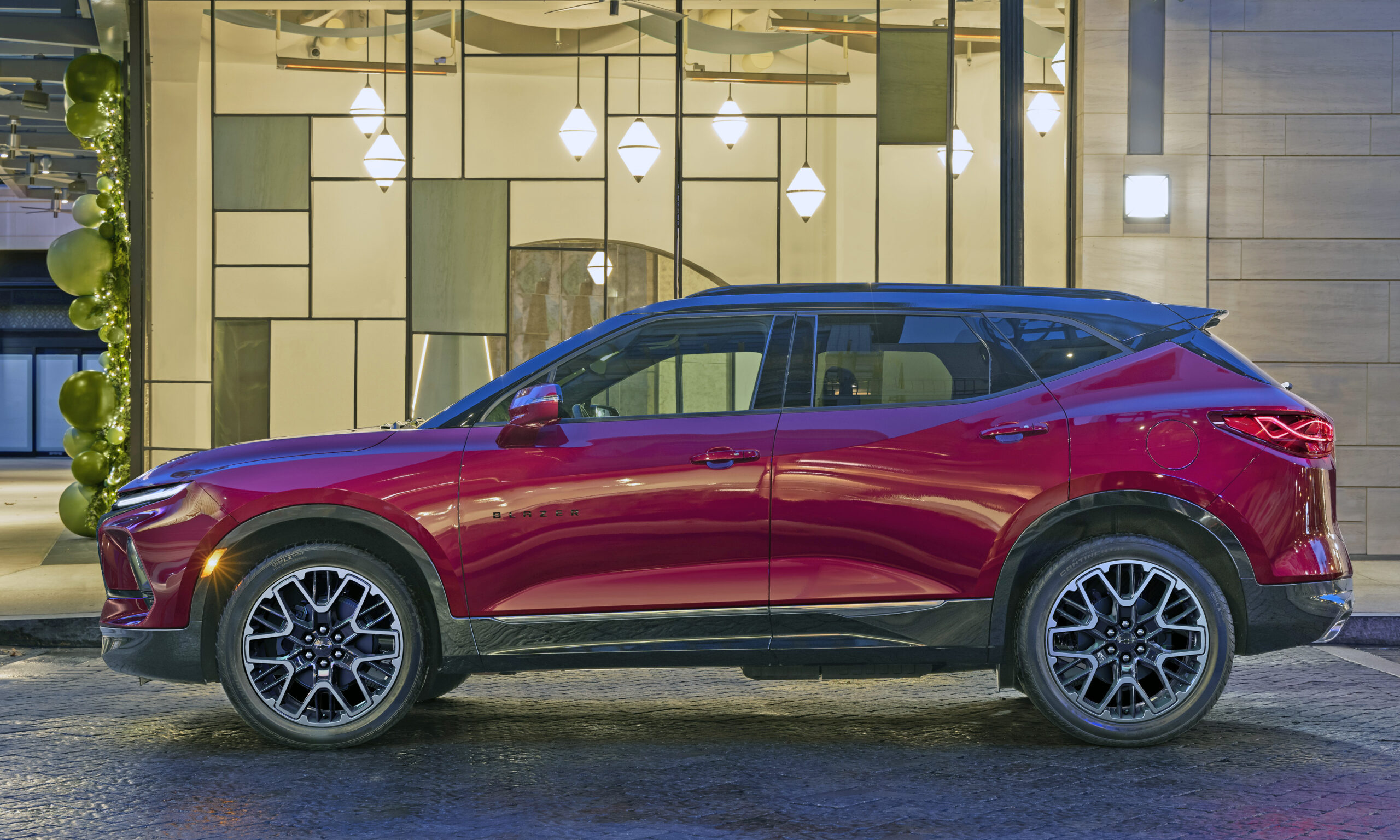- House Approval Still Needed
- Plan Could Radically Reduce Number of EVs Eligible

A $370 billion climate and energy spending bill that includes a dramatic overhaul of the present federal tax credit system for electric vehicle purchases has been approved in the Senate on the expected a 50-50 party party line vote with the vice president breaking the tie in favor of passage.
[A 5-min. read.]
The bill now heads to the House, where a vote could be held as early as Friday.
It seems a sure bet to make it through the Democrat-controlled House, but that’s not set in cement. Members could make changes that would then have to be agreed on in a joint Senate-House conference committee and that version would then have to be re-approved by each chamber. The Senate’s approval of anything different than what it originally passed would largely be dependent on just two Senators – Democrats Joe Manchin of West Virginia and Kyrsten Sinema of Arizona.
EV Credits Face Big Change
The federal tax credit plan for electrified vehicles is just one part of the measure. It dramatically revises the existing program, with stiff new limits on where eligible vehicles and their batteries can can be made and new caps on income and vehicle prices. It also eliminates a sales cap that haw penalized the most successful EV makers and makes it possible to set up a point-of-sale system instead of the year-end income tax return system for claimin
It also establishes the first tax credit program for used EVs – up to $4,000 – and doesn’t require them to meet the stringent country-of-origin requirements that would apply to new models, knocking many of them off the list of qualified models.
The credit for new models under the plan would be a maximum of $7,500 for any fully qualified, North American assembled vehicle, divided into two awards based on the makeup of the vehicle’s batteries: $3,750 would be awarded if the batteries contain a prescribed amount of battery-critical minerals (like lithium) produced in North American or countries with which the U.S.has a fair-trade agreement. the other half would be dependent on the level of other battery components produced under the same country-of-origin rules.
The current plan ignores where the battery minerals and other components come form and instead is based simply on battery size. It currently ranges from a low of $4,502 for the Toyota Prius Prime plug-in hybrid to the full $7,500 for all pure EVs.
The new plan also would permit auto dealers to accept a buyer’s tax credit as part of the down payment, making it a so-called point-of-sale credit. The present plan requires buyers to wait to claim the credit – against taxes owed – when they file their income taxes for the year in which they bought the vehicle.
Another key change eliminates the sales cap that now triggers phasing out of an automaker’s eligibility when it has sold 200,000 qualified EVs and plug-in hybrids. At present, General Motors and Tesla vehicles aren’t eligible for the tax credit because both companies hit the 200,000 sales mark long ago. Toyota has just hit it and eligibility for its qualified vehicles starts winding down in September and will be eliminated a year later, on Sept. 1, 2023.
The plan in the new climate bill also reinstates tax credit eligibility for fuel-cell electric vehicles and its name has been changed from the “Plug-in Vehicle” tax credit plan to the “Clean Vehicles” plan – meaning it could cover whatever new zero tailpipe technology comes along.
Many Won’t Qualify
The plan’s country-of-original rules would exclude vehicles not assembled in North America – which is almost all import brands’ electrified cars and trucks – and also eliminates batteries made in China and Japan, two of the largest battery-producing nations.
One major automaker organization claims that as many as 70% of existing EVs would lose tax credit eligibility under the new rules, until those automakers could estabiish north American assembly plans and find new sources for battery materials.
The rules would seem – pending any clarifying language that’s not yet been revealed – to exclude from eligibility most European and Asian EVs including models such as the popular Hyundai Ioniq 5 and Kia EV6 EVs and the Audi e-tron, BMW “i” and Toyota and Lexus families of EVs and plug-in hybrids.
EVs and plug-in hybrids from Tesla, Ford, General Motors, Stellantis, Rivian, Karma and Lucid are made in North America and would retain eligibility if their batteries meet the content rules.
However, there also are new price and income caps that would exclude most luxury EVs – including most Tesla, Lucid, Karma and Rivian models – and many of the wealthiest buyers: Incomes are capped at $150,000 for joint filers and $75,000 for single filers and prices, based on MSRP, are capped at $55,00 for cars and $80,000 for trucks, vans and SUVs.
The Congressional Budget Office reported that the measure sets aside only $85 million for tax credits in the 2023 fiscal year, enough for just 11,000 buyers of new EVs and PHEVs to claim the full $7,500 credit. In contrast, Americans purchased 620,000 new EVs and plug-in hybrids in 2021more than a third of them eliible for a tax credit, and the sales pace has been growing this year.
Fate Not Certain
The Inflation Reduction Act made it out of the Senate only after objections from Manchin and Sinema were handled through a series of concessions by the rest of the Senate’s Democrats. No Republicans have supported the bill.
The two Democrats had killed the original and much bigger Build Back Better climate and energy measure early this year over Manchin’s concerns that fossil fuel industry was being short-shrifted (West Virginia is a major coal producing state) and Sinema’s that there were too many corporate tax increases for constituents in her business-friendly state to accept.
The new measure, now called the Inflation Reduction Act of 2022, is less than half the size of the BBB masure – spending-wise – and won Senate approval only after more concessions were made to appease Manchin and Sinema. If anything is altered in the House, their support could again evaporate.
So stay tuned.
